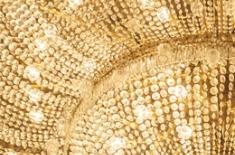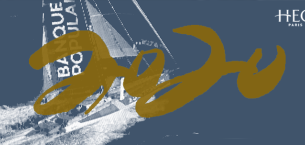
The purchasing of fake luxury goods has increased dramatically in recent years and counterfeiting now functions as a parallel market to the luxury industry itself. But what are the real reasons for the emergence of this shadow market and how big a threat does it pose for luxury brands?
In their JOURNAL OF BRAND STRATEGY research paper, HEC Paris professors, Jean-Noël Kapferer and Anne Michaut , argue that counterfeit purchases stem from luxury brand strategies to attract more consumers. To increase their volume sales many brands have developed a range of more accessible and conspicuously branded products that are often manufactured in countries with low labor costs like China.
This in in turn has led to the dilution of the core values of the industry – exclusivity, craftsmanship and exceptional quality. The knock-on effect of this strategy is that it makes it much easier for counterfeiters to produce ‘high-end’ copies. Consumers may also feel that by ‘sacrificing’ their core values luxury brands have become superficial and subsequently their ethical barriers to purchasing counterfeit items have been lowered.
So what really motivates consumers to buy fake luxury goods?
During the study 966 current consumers of luxury products were interviewed to determine the validity of the following hypotheses:
1. If consumers feel that the luxury industry is superficial they are more likely to purchase fake luxury items.
2. If consumers feel that the luxury industry promotes ‘true values’ they are less likely to purchase fake luxury items.
3. Living by the principles of sustainable development reduces the likelihood of consumers purchasing fake luxury items.
4. Believing that the luxury industry is not very ethical encourages the purchasing of fake luxury items.
5. Acceptance of production in countries with low labor costs increases the likelihood of purchasing fake luxury items.
6. The older the consumer, the lower the probability that he or she will purchase fake luxury items.
7. The more a consumer earns, the lower the probability that he or she will purchase fake luxury items.
8. Travelling in countries where labor is inexpensive increases the probability of purchasing fake luxury items.
9. The more consumers like luxury goods, the higher the probability that they will purchase fake luxury items.
To discover their findings and read the full research paper just click here
About Jean Noel Kapferer and Anne Michaut
Jean Noel Kapferer is the Academic Director of the Advanced Certificate program in Luxury and is recognized internationally as one of the leading and most influential authorities on branding. His bestselling publications include The New Strategic Brand Management and The Luxury Strategy . He is often quoted in the press and regularly appears on radio and television. He works actively as a consultant to many European, US and Asian corporations.
Anne Michaut is an Affiliate Professor of Marketing, and Executive Director of the Kering chair at HEC Paris. Her areas of expertise and research focus on innovation, entrepreneurship and sustainable development in luxury industry.



